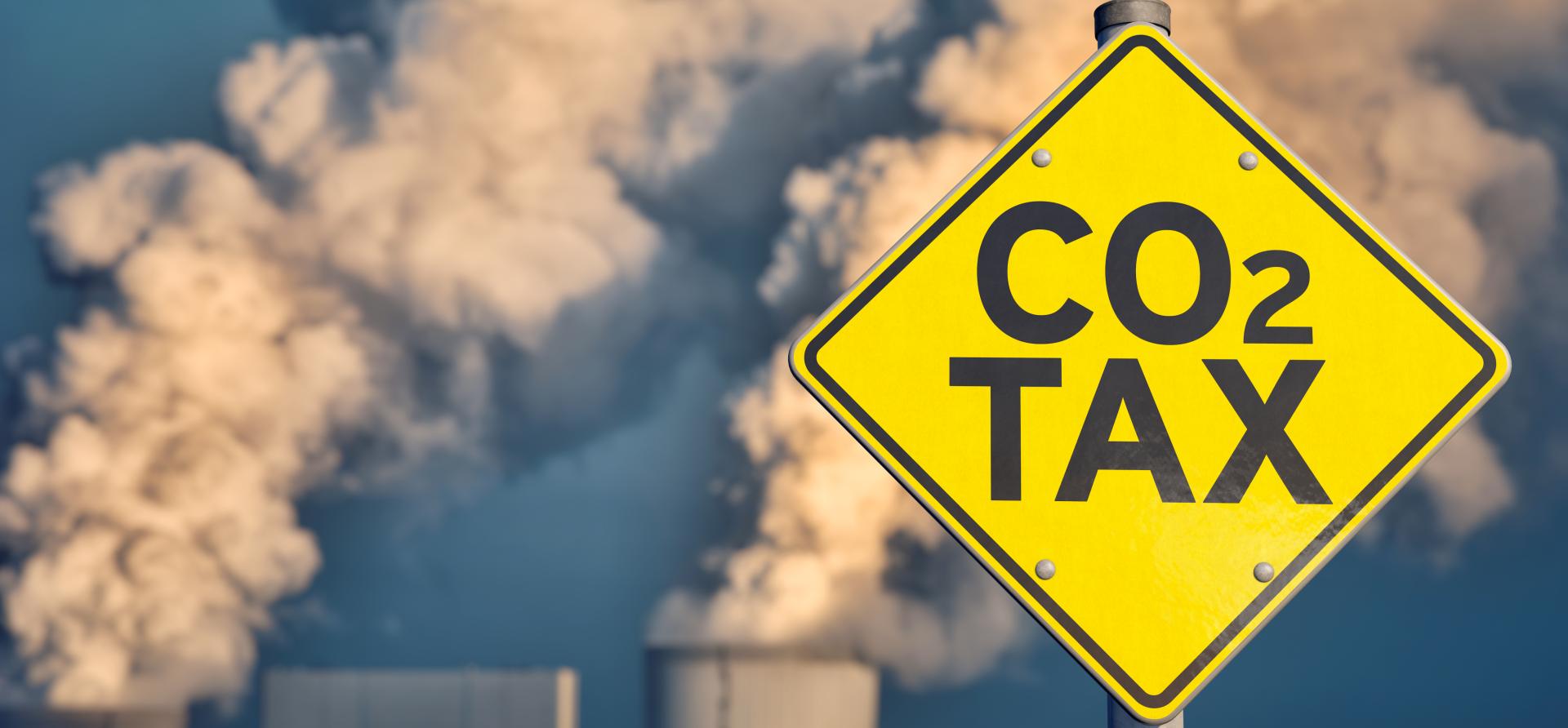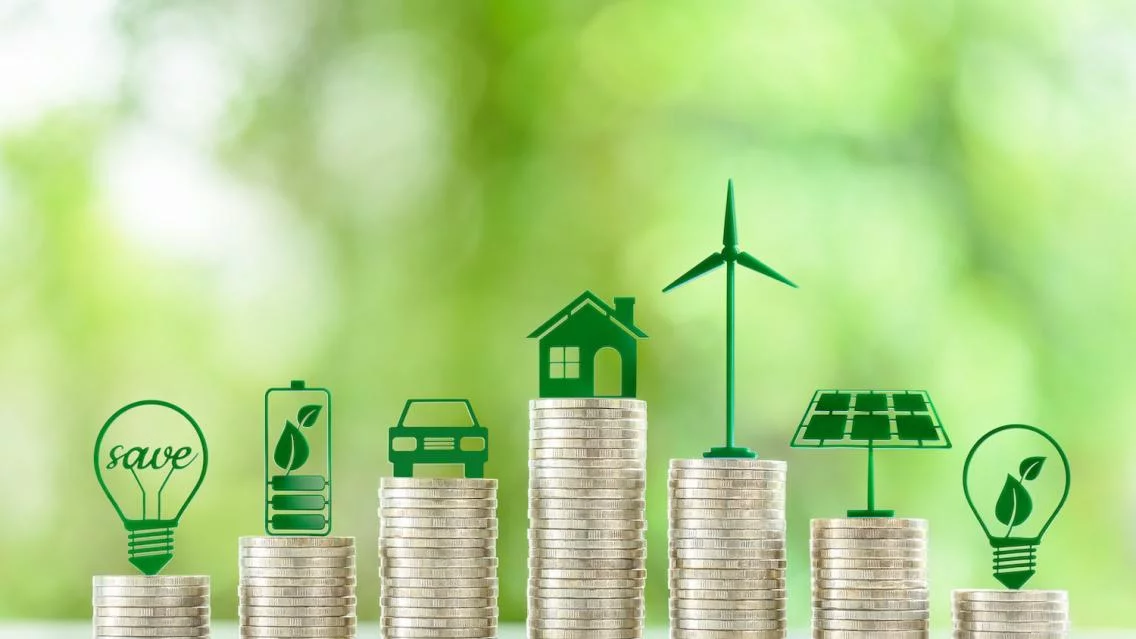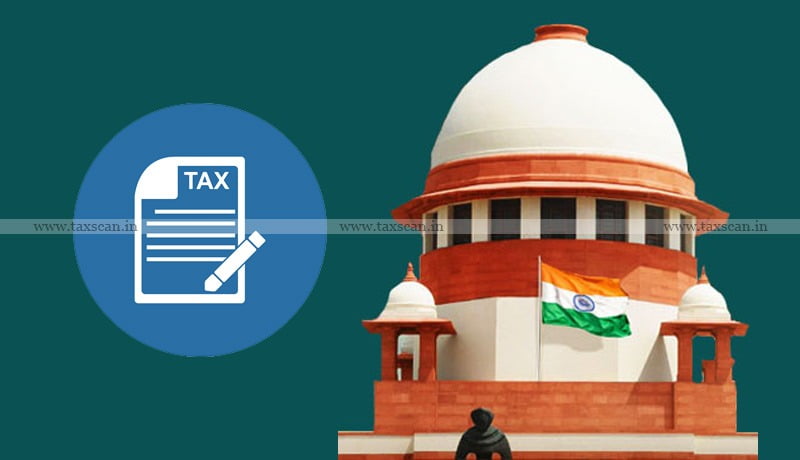leaders.
What Is the UK’s Carbon Border Tax?
The proposed Carbon Border Adjustment Mechanism (CBAM) by the UK is aimed at placing a carbon price on imports of carbon-intensive goods such as steel, aluminium, cement, fertilizers, and electricity. The primary objective is to prevent carbon leakage, where production is moved to countries with less stringent emission standards.
Under the new plan, UK importers will need to purchase certificates that reflect the carbon price that would have been paid if the goods had been produced under the UK's domestic carbon pricing policies.
India’s Reaction and Grounds for Retaliation
According to an official statement reported by The Indian Express, India has formally raised objections through diplomatic channels and hinted at reciprocal measures if Indian goods are unfairly taxed at the UK border.
India argues that:
- The carbon tax could act as a disguised trade barrier.
- It may violate WTO rules, particularly the principle of non-discrimination.
- It disproportionately affects developing economies that are still transitioning to greener production models.
India is now exploring a mix of trade retaliation, diplomatic pressure, and coordination with other developing nations affected by similar policies.
Implications for Indian Exporters
If the UK's carbon tax comes into effect, it could significantly increase the landed cost of Indian products in the UK, particularly in sectors like:
- Steel and Aluminium
- Cement and Fertilizers
- Textiles and Ceramics
- Chemicals and Energy-intensive Manufacturing
This would reduce price competitiveness, potentially leading to a decline in market share for Indian exporters in the UK.
Key Tax Considerations:
- Customs valuation may need to account for added carbon costs.
- Exporters may require carbon footprint disclosures to negotiate better terms.
- Indian tax authorities might need to align indirect tax rebates (like GST refunds) with carbon-related compliance costs.
A Wake-Up Call for Indian Tax and Trade Policy Leaders
This development serves as a crucial moment for Indian policymakers and tax leaders to:
- Accelerate the adoption of ESG-aligned policies.
- Promote carbon accounting and green certifications for exporters.
- Build a comprehensive carbon trading framework domestically.
- Engage in bilateral and multilateral negotiations to prevent unilateral taxation by developed nations.
What Lies Ahead?
While the UK is yet to finalize the carbon tax mechanism, the backlash from India and other emerging economies might shape how such measures are implemented globally. It also opens the door for India to lead a coalition of developing nations demanding fair climate-related trade policies.
India’s assertive stance not only protects its exporters but also sends a broader message: sustainability must go hand in hand with equity in global trade.
As global tax policies evolve to incorporate climate action, Indian tax leaders, exporters, and policymakers must stay vigilant. The UK’s proposed carbon tax is not just a trade issue—it’s a pivotal development in the intersection of taxation, sustainability, and global competitiveness.









